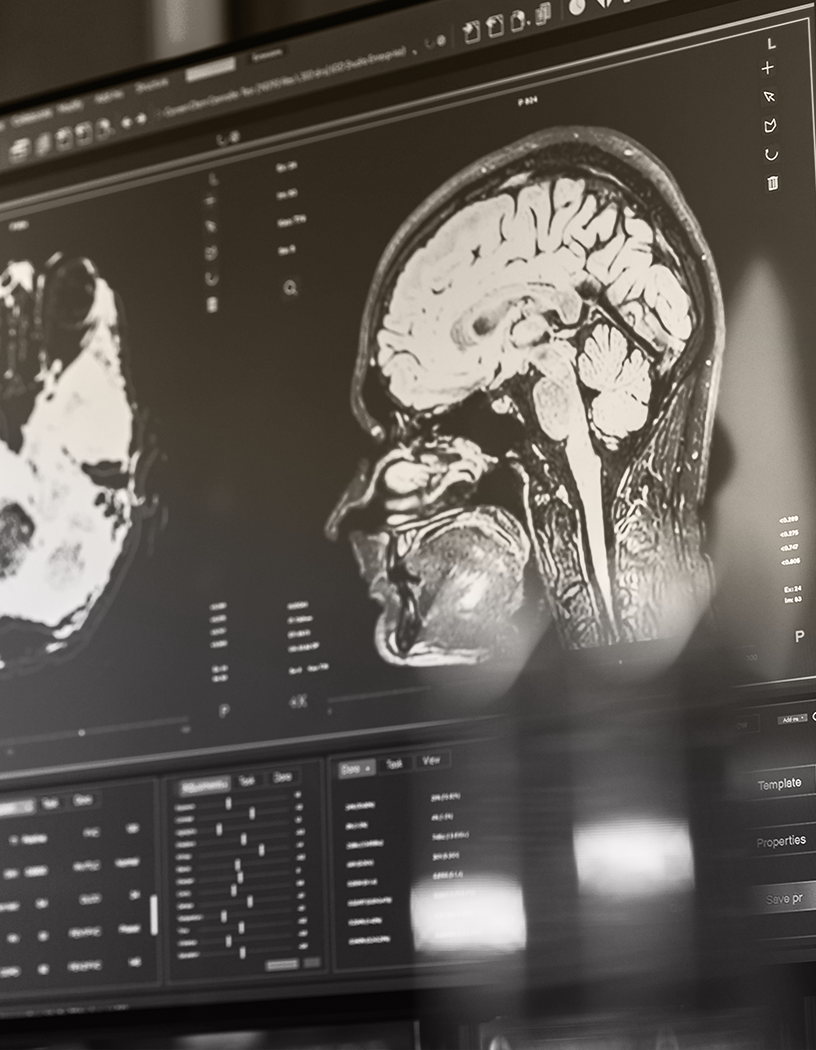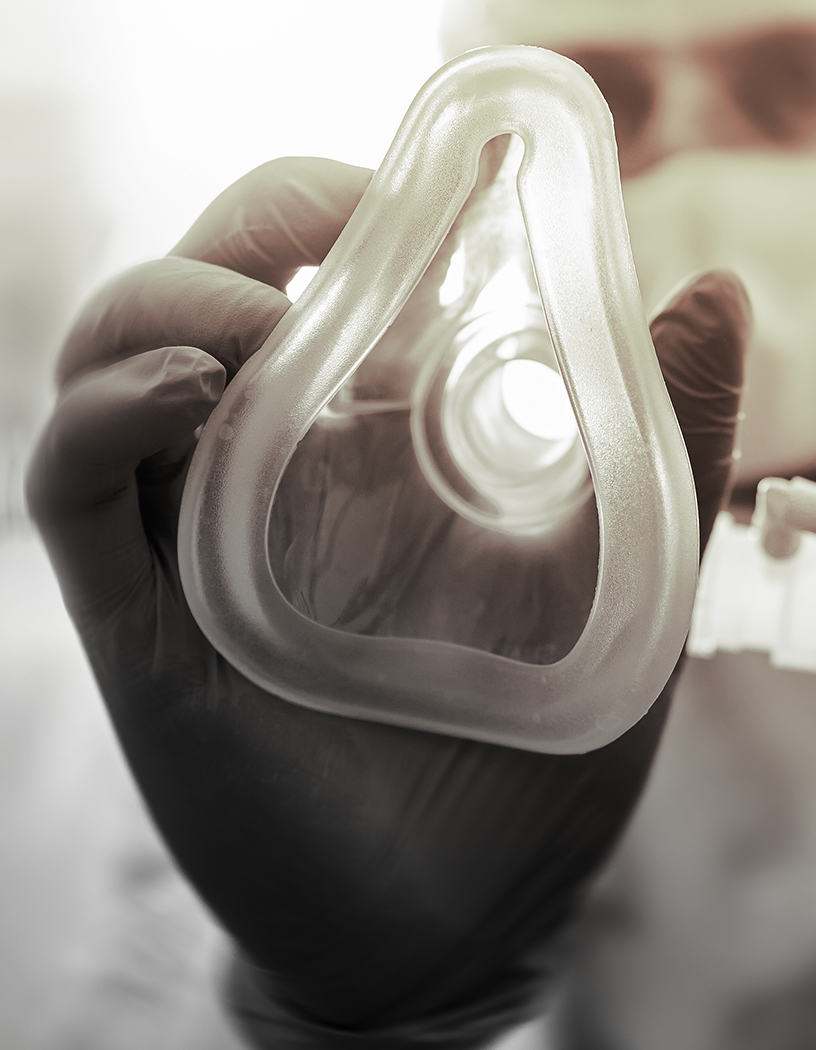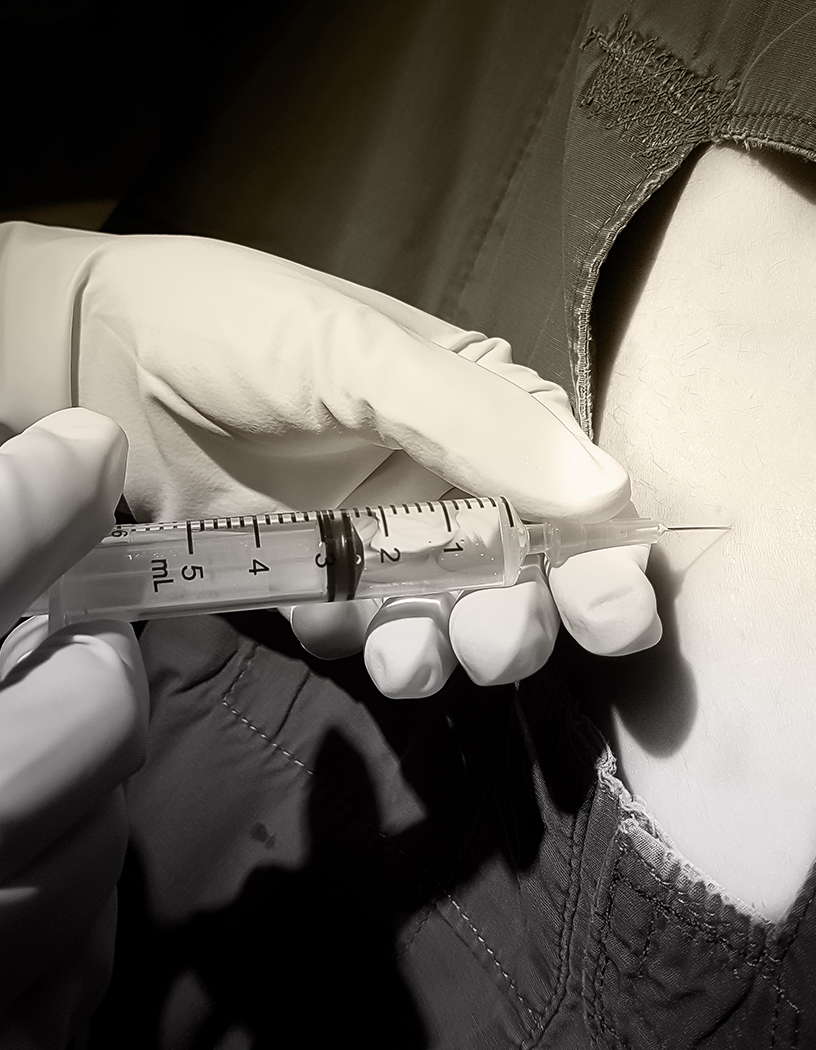South Jersey Hypoxic Ischemic Encephalopathy Lawyers

HIE Attorneys in Haddonfield, NJ Representing Mothers and Their Newborns in Camden County, Atlantic County, Burlington County, and Throughout NJ and Southeastern PA
Welcome to Andres, Berger & Tran, your trusted South Jersey Hypoxic Ischemic Encephalopathy lawyers. At our firm, we specialize in providing compassionate, professional legal representation to families affected by HIE. Our deep understanding of the medical complexities and legal intricacies associated with HIE cases positions us uniquely to advocate for your rights and needs. With a strong local presence in South Jersey and Southeastern Pennsylvania, we are acutely aware of the regional legal landscape, ensuring tailored and effective legal strategies for our clients. Trust us to navigate the challenging path of HIE-related legal claims with dedication and expertise.
Understanding Neonatal Hypoxic-Ischemic Encephalopathy (HIE)
Hypoxic-Ischemic Encephalopathy (HIE) is a serious form of brain damage in newborns, resulting from oxygen deprivation to the brain either before or shortly after birth. This condition can severely impact the central nervous system, leading to long-term neurological and developmental challenges.
Understanding the Causes of Neonatal HIE
HIE occurs when a baby’s brain does not get enough oxygen before or shortly after birth. It is more likely to occur the longer a baby’s brain is without oxygen. Various circumstances during labor and delivery can lead to HIE. These include complications with the umbilical cord, premature detachment of the placenta, or prolonged labor.
Recognizing the Symptoms of Neonatal HIE
The symptoms of neonatal HIE can vary from baby to baby. They depend on which part of a baby’s brain is damaged. Symptoms can range from mild to severe. They may include:
- Seizures or other neurological problems
- Blindness
- Impairments in sensory system function, muscle tone, strength, and motor control which limit functional mobility
- Acute symptomatic seizures
- Developmental delays
- Organ failure
- Hearing deficits to deafness
- Agitation with inability to calm
- Appearance with a small head
- Decreased strength
In severe cases, a baby may have delays in growth or development. They may also have cerebral palsy or a mental disability. The severity of these symptoms may not be seen until ages 3 to 4.
Diagnosing Neonatal HIE
In many cases, healthcare providers suspect HIE in a newborn shortly after birth. The diagnosis is often based on a child’s symptoms, such as seizures, and any problems that took place during labor and delivery. To confirm the diagnosis, healthcare providers may use 1 or more of these tests:
- Blood tests
- Tests of the umbilical cord or placenta
- Lumbar puncture
- Ultrasound of the head
- Electroencephalography (EEG)
- Brain MRI
In some cases, a child may not be diagnosed with HIE until later in life. This may happen if symptoms are mild and don’t appear right after birth. As a child grows, they may start to have problems with motor function or delays in development.
Effective Treatment Approaches
Treatment depends on a baby’s symptoms, age, and general health. It also depends on how severe the condition is. If HIE is suspected at birth, a newborn may receive:
- Head cooling
- Supportive care, such as intubation for oxygen
- Medicines may also be given to treat seizures and other health problems.
Potential Complications and Long-Term Impact
Possible complications can vary from child to child. They depend on how serious the neonatal HIE is. They may include:
- Cerebral palsy
- Epilepsy
- Attention-deficit/hyperactivity disorder
- Need for adaptive equipment such as a wheelchair or a custom van for transportation
- Need for nursing and attendant care
Legal Advocacy for Neonatal HIE Cases With Trusted South Jersey Hypoxic Ischemic Encephalopathy Lawyers
At Andres, Berger & Tran, we understand the profound impact neonatal HIE can have on families. If your child has been diagnosed with HIE due to medical negligence, our team of experienced birth injury attorneys is here to help. We are dedicated to ensuring that families receive the compensation and support they need to manage the challenges ahead.
When facing the complex challenges of a Hypoxic-Ischemic Encephalopathy (HIE) injury case, the selection of legal representation is paramount. Andres, Berger & Tran stand out as HIE attorneys in Haddonfield, NJ, not just for their legal acumen but for their deeply rooted connection to the community. Our firm’s local presence is more than geographical; it’s a commitment to understanding and serving the unique needs of families in South Jersey and Southeastern Pennsylvania.
Our approach combines personalized service with a formidable track record in handling HIE injury cases. We don’t just represent you; we partner with you, ensuring that every aspect of your case is handled with the utmost care and expertise. Our lawyers bring a wealth of experience and a nuanced understanding of both medical and legal aspects of HIE, providing you with representation that is not only skilled but also empathetic and dedicated. Trust in our ability to navigate the complexities of your case, as we strive to secure the justice and compensation you and your family deserve.
Get the Support Your Family Deserves: Contact The Experienced South Jersey Hypoxic Ischemic Encephalopathy Lawyers at Andres, Berger & Tran for a Free Consultation About Your Case
If you suspect that medical malpractice played a role in your child’s HIE diagnosis, don’t hesitate to reach out to us. Our compassionate legal team will provide you with a free consultation to discuss your case and guide you through your legal options. Contact us today at 856-317-6558 or fill out our convenient online contact form to learn more about how we can assist your family during this challenging time.
Frequently Asked Questions About HIE Injury Claims in NJ and PA
Hypoxic-Ischemic Encephalopathy (HIE) is a type of brain damage that occurs when an infant’s brain doesn’t receive enough oxygen and blood. It can be due to various medical reasons during birth and is legally significant when caused by medical negligence.
Featured Results








